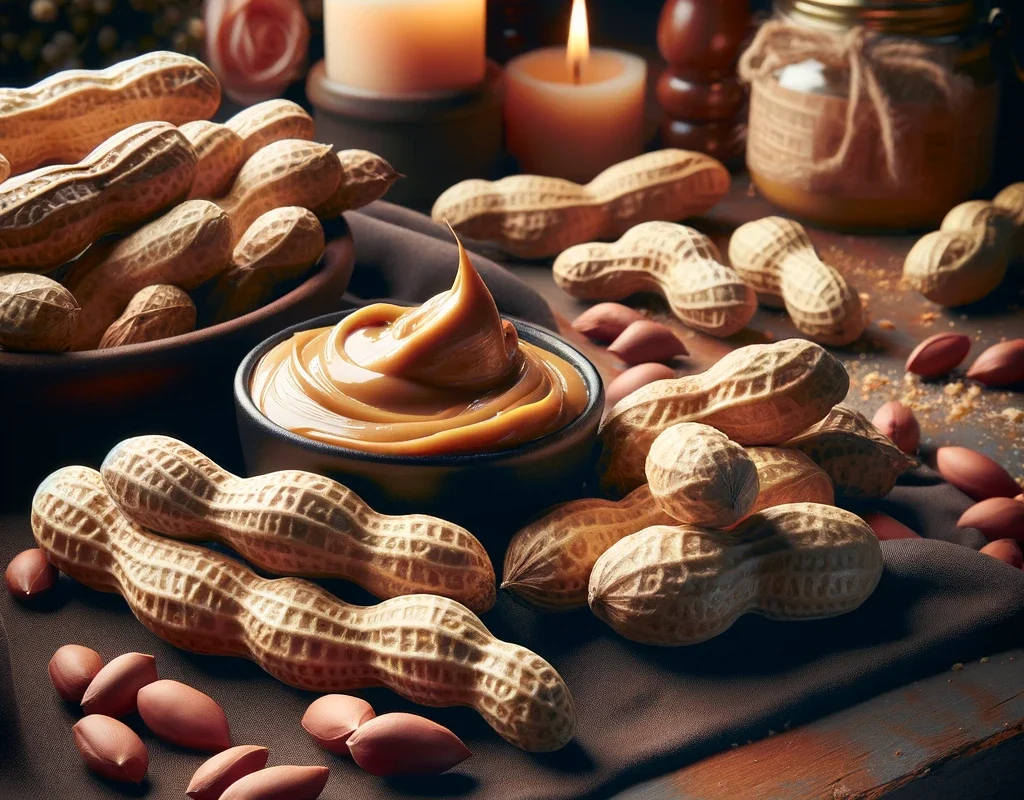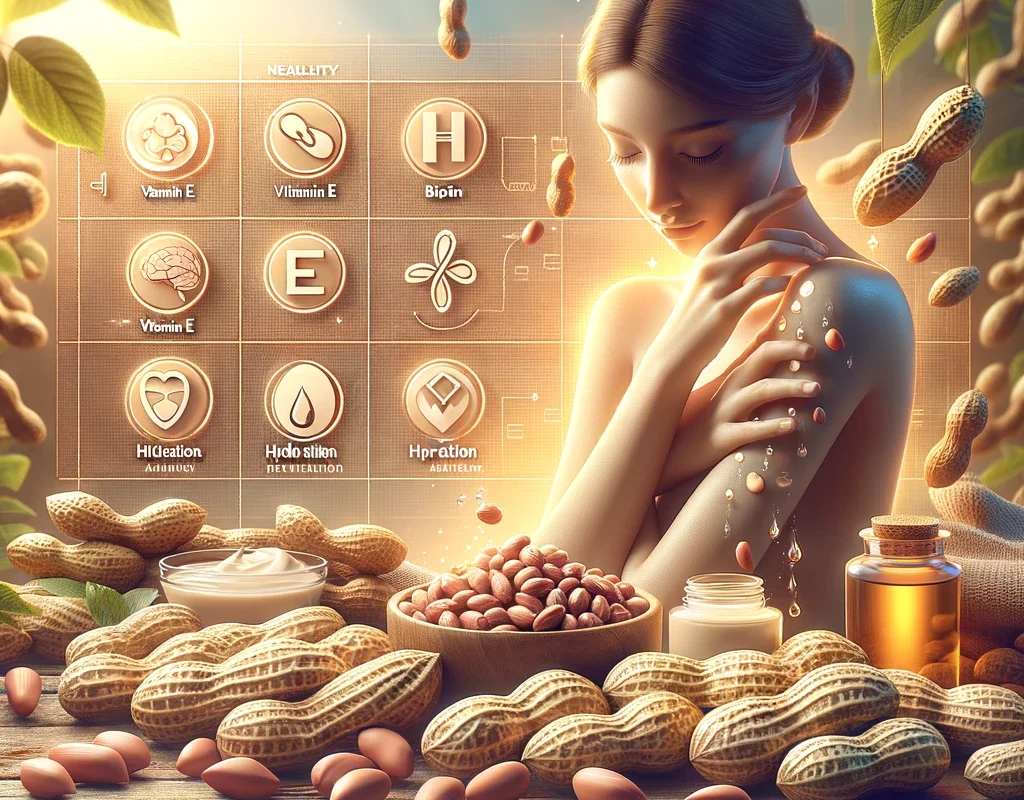In the realm of nuts and seeds, cashews stand out not just for their distinctive taste but also for their impressive nutritional profile. Rich in essential vitamins, minerals, and heart-healthy fats, cashews offer a plethora of health benefits, particularly for men. This blog delves into the myriad ways in which incorporating cashews into one’s diet can contribute to improved health outcomes for men, covering aspects from cardiovascular health to mental well-being.
Heart Health
Cashews are a boon for cardiovascular health, thanks to their high unsaturated fat content. These healthy fats are instrumental in lowering low-density lipoprotein (LDL) cholesterol, often referred to as ‘bad’ cholesterol, while elevating high-density lipoprotein (HDL) cholesterol, known as ‘good’ cholesterol. This balance is crucial for maintaining healthy blood vessels and preventing heart disease, which is a leading cause of morbidity among men globally.
Moreover, the presence of antioxidants in cashews, such as vitamin E and K, plays a significant role in preventing oxidative stress and inflammation, both of which are key contributors to heart disease. By neutralizing harmful free radicals, these antioxidants further reinforce the cardiovascular benefits of cashews.
In addition, cashews are a good source of magnesium, a mineral that helps regulate blood pressure and supports heart health. Regular consumption of magnesium-rich foods like cashews has been linked to a reduced risk of hypertension, a common condition that can lead to heart attacks and stroke if left unchecked.
Weight Management
Managing weight is a concern for many, and cashews can be a valuable addition to a weight management plan. Despite being energy-dense, cashews are rich in fiber and protein, two nutrients known for their satiety-inducing properties. Incorporating cashews into snacks or meals can help curb hunger and prevent overeating, aiding in weight control.
The metabolic benefits of cashews extend beyond just satiety. The monounsaturated and polyunsaturated fats found in cashews can help in optimizing metabolic health, ensuring that the body efficiently converts food into energy. This is particularly beneficial for men looking to maintain a healthy weight or lose excess pounds in a sustainable manner.
It’s worth noting that moderation is key. While cashews are beneficial for weight management, they are also high in calories. A mindful portion size can help men reap the benefits of cashews without compromising their weight management goals.
Muscle and Bone Health
Magnesium, a mineral abundantly found in cashews, is vital for muscle function and bone health. It aids in the contraction and relaxation of muscles, reducing the risk of cramps and spasms. For men who engage in physical activity, consuming magnesium-rich foods like cashews can enhance muscle recovery and performance.
Bone health, often overlooked in men’s health discussions, benefits greatly from the magnesium and calcium present in cashews. These minerals work synergistically to strengthen bones, reducing the risk of osteoporosis and bone fractures later in life.
Furthermore, cashews contain a modest amount of protein, an essential building block for muscle repair and growth. For men looking to build muscle mass or maintain muscle health, incorporating protein-rich foods like cashews into their diet is crucial.
In conclusion, the benefits of cashews for men extend across various aspects of health, from enhancing heart health and aiding weight management to supporting muscle and bone health. By integrating cashews into a balanced diet, men can take a significant step towards improving their overall well-being. As with all foods, moderation and variety are key components of a healthy diet, and cashews, with their rich nutrient profile, are a stellar addition to any man’s nutritional arsenal.




